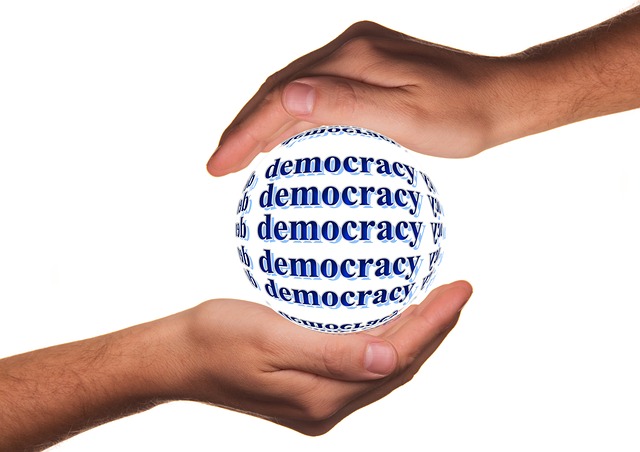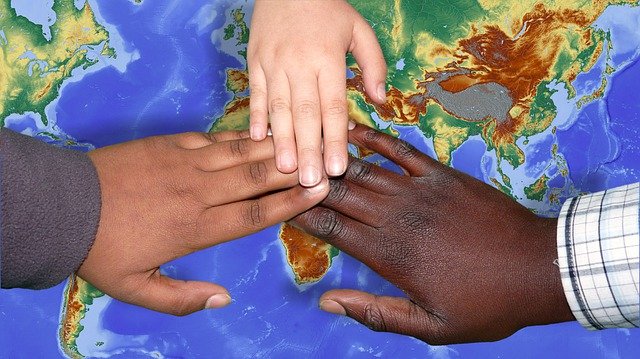Public participation can define any voluntary processes that bring citizens together to engage directly in decision-making. These activities are vital and require full consideration from lawmakers when making a decision. These political activities are often ongoing. Public participation is not a single event; it requires continuous input from the citizens. A series of political activities affords stakeholders a chance to influence decisions. Many groups of society can participate in these activities. Individuals, interest groups and communities help entrench democracy through political participation.
Public participation doesn’t necessarily involve implementing the public demands. Adding diverse voices to deliberation is key to ensuring appropriate scrutiny for any policy. The public often consists of various stakeholders, bringing valuable knowledge to help influence decisions. A diverse array of individual and group views on an issue is vital to meaningful public participation. A broad spectrum of stakeholder interests must be accounted for to enable appropriate representation in the country. The constitution encourages this because it promotes fair treatment, meaningful involvement and social inclusion. This political tolerance is vital to promote social cohesion amongst all people regardless of race, colour, national origin, sexual orientation or income.
Individuals in society also need to participate in public processes to ensure the development and execution of campaign promises made by politicians. Public participation is key to providing checks and balances that reflect the people’s decisions. It is also an opportunity for the citizens of a country to receive feedback on how its diverse concerns were considered.

Democracy benefits in many ways from high levels of public participation. Many of these advantages are linked together and help breed the acceptance of diverse views across society. This acceptance has a trickle-down effect on all sectors of society, such as employment and social protection. Direct forms of involvement in public issues involve explicitly declaring your opinion in some manner with decision-makers. These views, even if expressed to a fellow citizen, help add to the discography of the ideas that dominate the narratives in this society.
Sustainable Development
Any government undertaking to improve or develop a society can only be sustainable if all stakeholders are involved. Considering all groups of humanity in a decision will help avoid exclusion. This process consists in achieving human development goals while also maintaining the capacity of natural systems upon which the economy and society rely. Any developments that do not account for specific stakeholders may become overshadowed by unsustainability. Bringing all groups to the table regardless of their demographics and how their interests are aligned will prevent conflict.
An example is if a local council wishes to cut down an indigenous park to build a school. Even though the school is positive and specific stakeholders may appreciate it, without the approval of environmental/indigenous groups, there may be demonstrations against the development.
Therefore including all stakeholders allows for checks and balances on the future effects of government projects for all social groups.
Environmental Protection
The government often does not prioritise environmental issues if the public does not speak of them. Decision makers are responsible for enacting laws that represent the interest of the environment. They receive these mandates from a public debate which they then factor into their campaign promises. Various pressure groups often have leaders that can provide significant expertise on environmental issues. These groups have data and information that can help lawmakers to prioritise the environment correctly.
Conflict Management
With limited resources, conflicts often cannot be avoided in society. The provision of these resources needs to be made based on explicitly outlined public participation. Democracy provides for equal rights. Therefore when individuals speak about the challenges they face through public debate, it gives society a better understanding of the need to allocate resources to their cause. This method helps handle conflict more efficiently. Competition is best managed through improved awareness surrounding the issues faced by a group.
Reduction of Public Opposition
If the public is well informed on the systems offered by the government and their reasons, there is likely to be reduced opposition to their decisions. Participating in public processes helps build an understanding of their function in society. With a better experience, citizens can assess and evaluate government decisions’ impacts. This evaluation helps build trust in the democratic social contract the citizens have with their government. Increased confidence will lead to less opposition to lawmakers’ decisions because the public believes their general interests will be protected.
Economical Benefits
Including the public in decision-making helps improve the economy in numerous ways. When the economic worries of citizens are met through public policy, they are likely to respond through economic activity. Citizens trusting the financial systems in the country is a crucial method of raising capital for development. Citizens who have taken the time to understand the country’s treasury functions will understand the implications of their policies. This benefit of public participation is essential during poor economic periods where public trust in the currency is low. Recessionary periods require citizens to trust the government even in periods of austerity. This trust can only be built through inclusive public participation processes.
Collecting Hidden Knowledge
For a country to employ the most representative democratic systems, it must gather “hidden knowledge” from the citizens. Public participation and consultation are vital to understanding the secrets found in local communities. The wider community and their key concerns can be very complex to understand. Certain tribes, towns and societies have cultural knowledge that stems back hundreds of years. Having these groups participate in public policy decisions can help better the nation by combining generational knowledge.
Social Cohesion
Citizens who stand together to improve their lives through public participation develop ownership of their communities. As citizens work together, their friendship improves the social regulatory system of neighbourhoods and cities. This cooperation between citizens, their government, and industries will promote a more tolerant and diverse society.







































